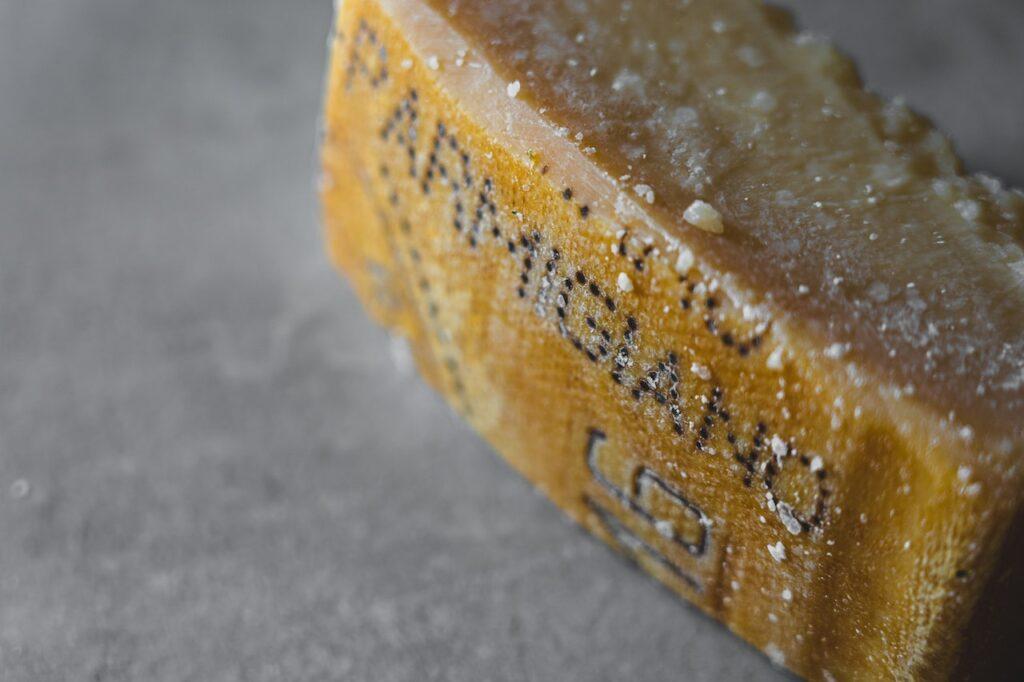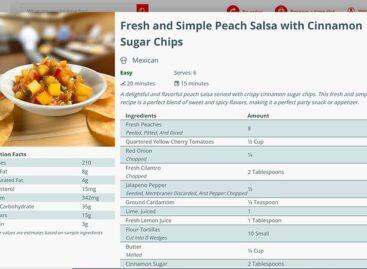Fake „Made in Italy” is worth 120 billion euros
According to an estimate by agrifood organizations, a third of “fake food” is produced in the USA

The value of counterfeit Made in Italy food products in the world rises to 120 billion euros, with the United States classified as the country where counterfeit Italian products register the highest turnovers. This is the alarm raised by agrifood organizations Coldiretti and Filiera Italia on the occasion of the most important world trade fair event dedicated to food specialties, the Summer Fancy Food 2023 in New York City at the Javits Center where the first Made in Italy exhibition was inaugurated table with the most grotesque imitations of national specialties unearthed in the USA that take away space and value on the markets from true Italian products.
The United States is the country that firmly holds the production leadership of fake Made in Italy with the phenomenon of tricolor food imitations that has come to represent over 40 billion euros. In practice, only one agri-food product that recalls Italy out of seven sold in the States actually comes from the Belpaese with exports amounting to 6.6 billion in 2022, according to Coldiretti and Filiera Italia. Suffice it to say that 90% of the Italian-type cheeses in the USA – the two organizations underline – are actually made in Wisconsin, California and New York, from Parmesan to Romano without sheep’s milk, from Asiago to Gorgonzola, from mozzarella to Provolone.
The production of imitations of Italian cheeses – underline Coldiretti and Filiera Italia – in 2022 reached a record quantity of over 2.7 billion kilos in the USA, with exponential growth in the last 30 years.
The problem, however, concerns all product categories such as Pompeian olive oil made in the USA which has nothing to do with the ancient city of Campania, the most prestigious cured meats from imitations of Parma and San Daniele to mortadella Bologna or Milan salami sold throughout the United States, and also preserves such as the San Marzano tomato.
Related news
PepsiCo sees weak US demand from “price-conscious” consumer
The PepsiCo chief executive stressed the US consumer’s hunt for…
Read more >eGrowcery launches AI recipes
Grocers can customize new tool based on shopper preference and…
Read more >Pernod Ricard forms US whiskey subsidiary
North American Distillers will oversee the company’s American whiskey portfolio.…
Read more >Related news
Valeo Foods Completes Acquisition Of Appalaches Nature
Valeo Foods Group has completed the acquisition of Appalaches Nature,…
Read more >Carrefour grows in France and Brazil, lags behind in rest of Europe
Carrefour says it is rather pleased with its financial results…
Read more >Food and beverage innovation plunges nearly 50% since 2007: Mintel
The market research firm said about a quarter of items…
Read more >








